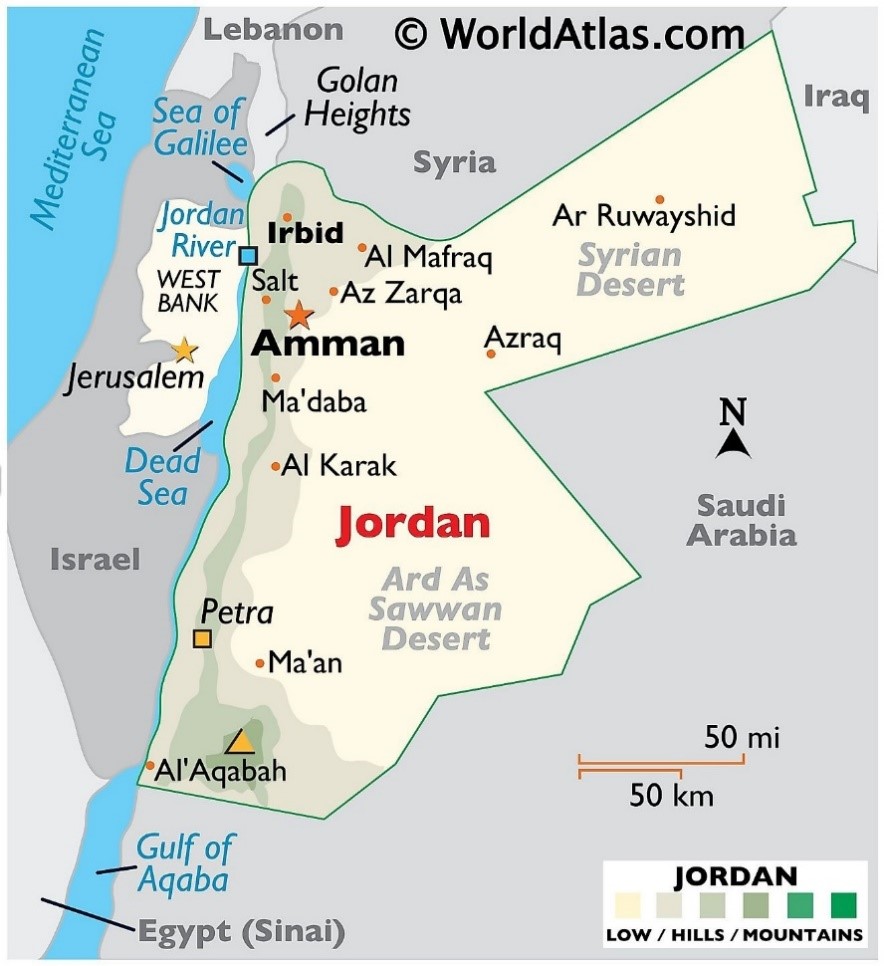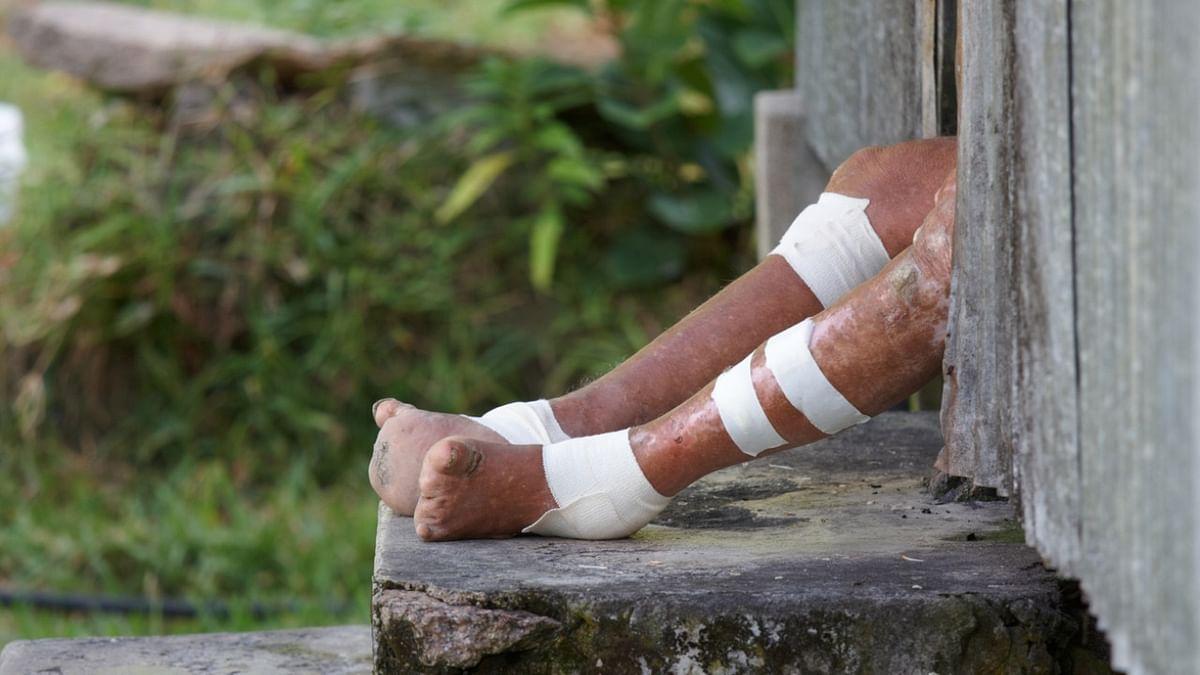JORDAN

- 21 Sep 2024
In News:
Jordan has made history by becoming the first country in the world to be officially verified by the World Health Organization (WHO) as having eliminated leprosy. This achievement marks a significant advancement in global public health efforts.
Key Highlights:
- WHO Recognition: WHO Director-General Dr. Tedros Adhanom Ghebreyesus praised Jordan for this milestone, emphasizing the importance of stopping transmission and alleviating the suffering and stigma associated with leprosy.
- Historic Achievement: This success is not just about disease elimination but also about combating stigma and socio-economic harm.
- No Local Cases: Jordan has not reported any locally transmitted cases of leprosy for over two decades, demonstrating its effective public health strategies and strong political commitment.
- Independent Verification: WHO commissioned an independent team to conduct a thorough assessment, leading to the official recognition of leprosy elimination.
- Ongoing Vigilance: While celebrating this success, both the WHO and the Jordanian Ministry of Health emphasize the need for robust surveillance systems to detect and manage any future cases, including those from abroad.
Additional Context:
Leprosy, or Hansen's disease, is a chronic infectious condition caused by Mycobacterium leprae, primarily affecting the skin and nerves. Although it remains a neglected tropical disease, with over 200,000 new cases reported annually across more than 120 countries, Jordan's success showcases the potential for eradication through dedicated efforts.
This milestone serves as a beacon of hope, illustrating that with strong commitment, collaboration, and strategic planning, even longstanding public health challenges can be addressed effectively.
Odisha Government has declared Leprosy as a 'Reportable Disease' in the State (New Indian Express)

- 25 Dec 2023
Why is it in the News?
The Odisha government on Friday declared leprosy a reportable disease in the state and asked hospitals and persons dealing with diagnosis and treatment, institutions imparting medical education and providing diagnostic services to report all cases to the respective district health authorities.
What is Leprosy?
- Leprosy, often referred to as Hansen's disease, is a persistent infectious illness brought on by the bacteria Mycobacterium leprae.
- The skin, eyes, mucosal surfaces of the upper respiratory tract, and peripheral nerves are the main areas affected by this condition.
- If left untreated, the condition has the potential to produce gradual and irreversible impairments.
- Prevalent in tropical and subtropical regions, leprosy qualifies as a neglected tropical disease (NTD) found in over 120 countries.
- Its occurrence spans all age groups, encompassing early childhood to advanced age.
- Transmission of Disease: Transmission of leprosy transpires through droplets from the nose and mouth, necessitating prolonged, close contact with an untreated individual.
- Contrary to misconceptions, casual interactions such as handshakes, hugs, shared meals, or proximity do not facilitate transmission.
- Symptoms: Symptoms usually manifest 3 to 5 years post-exposure to the leprosy-causing bacteria.
- Red patches on the skin.
- Skin Lesion
- Numbness in arms, hands, and legs.
- Ulcers on the soles of feet.
- Muscle Weakness and excessive weight loss.
- Nerve damage can result in loss of sensation in limbs and potential mucous membrane complications like a stuffy nose or nosebleeds.
- Treatment: Leprosy is curable through Multi-Drug Therapy (MDT), with early intervention crucial in preventing disability.
- Importantly, the commencement of treatment not only aids in recovery but also halts the transmission of the disease.
About the National Leprosy Eradication Programme (NLEP):
- The National Leprosy Eradication Programme is a centrally sponsored Health Scheme under the National Health Mission of the Ministry of Health and Family Welfare, Govt. of India.
- The Programme is headed by the Deputy Director of Health Services (Leprosy ) under the administrative control of the Directorate General Health Services, Govt. of India.
- While the NLEP strategies and plans are formulated centrally, the programme is implemented by the States/UTs.
- The major concern of the Programme is to detect cases of leprosy at an early stage and provide complete treatment, free of cost, in order to prevent the occurrence of Grade II Disability (G2D) in affected persons.
- India has achieved the elimination of leprosy as a public health problem as per WHO criteria of less than 1 case per 10,000 population at the National level in 2005.
- However, there are few districts within States where leprosy is still endemic.
